10 STEPS TO HELP YOU PREPARE FOR CAMPING
Here are 10 simple steps to help you prepare for your camping trip and make it enjoyable, safe and memorable.
Step 1 – Research
Consider the following:
- Facilities available
- Arrival / departure times
- Permits
- Access to water
- Showers
- Local amenities
- Weather
- Hazards
- Other campers
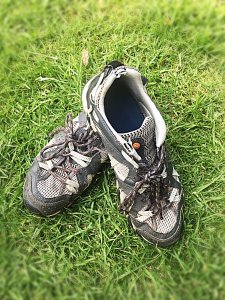
Step 2 – Know your camping gear
- Know how to pitch your tent
- Familiarise yourself with its space
- Check for any repairs needed
- Pack it up so you knw how it fits in the bag
- Test your sleeping mat
- Is it comfortable?
- No holes or damage?
- Is it thick enough? Is it long enough?
- How’s your bedding?
- Pillow needed?
- Sleeping bag warm enough?
- Do you need a silk / cotton inner sheet?
- Do you have a plastic bag liner for your sleeping bag stuff sack?
- If using a backpack, go on practice walks with it packed.
- Is it big enough or too big?
- Is it comfortable? Any ‘hot spots’ on hips or shoulders?
- It is adjusted correctly?
- Clothing. Do you have the right clothing for the conditions?
- Layers of clothes are best.
- How much do you really need?
- Will you need a laundry?
- Footwear – good footwear is essential
- ‘Break in’ your boots or shoes
- Try wearing different socks
- Check buckles and laces
- What accessories do you need?
- Head torch, pocket knife, whistle, sunglasses, matches, sunscreen, insect repellant, maps, medication, phone and charger.
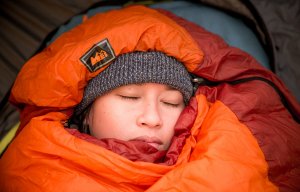
Step 3 – How are you preparing your meals?
- Traniga
- Gas Burner
- Butane
- MSR
- Fire
- Camp oven
- Barbeque
- How much fuel will you need?
Once you know what your cooking your meals on you can start planning your menu. What cooking utensils do you need? Pots, pans, colander, tongs, spatula, egg flip.
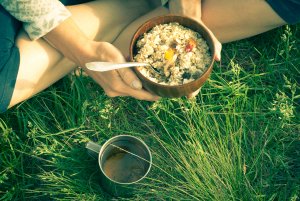
Step 4 – Plan your meals
- Do you have refrigeration?
- Will your meals require cooking?
- Consider food nutritional value
- Value, weight, packaging, dietaries, allergies.
- Will you wash up
- Consider Total Fire Ban days meals
Breakfasts – granola, muesli, porridge, cereal, pancakes, muffins, bacon & eggs, french toast, jaffles, breakfast sandwich, fruit, tea, coffee, juice.
Lunches – wraps, bread rolls, bagels, sandwiches, crackers, baked beans, fruit, pre-prepared packet meals.
Dinners – Rice, pasta, cous cous, polenta, barbeque, curry, stew, nachos, casserole, stiry fry or pizza.
Desserts – S’mores, fruit cake, custard, peach cobbler, popcorn, fruit.
Snacks – scroggin, trail mix, energy bars, protein balls, crackers, popcorn, chocolate, muffins, beef jerky, fried or fresh fruit.
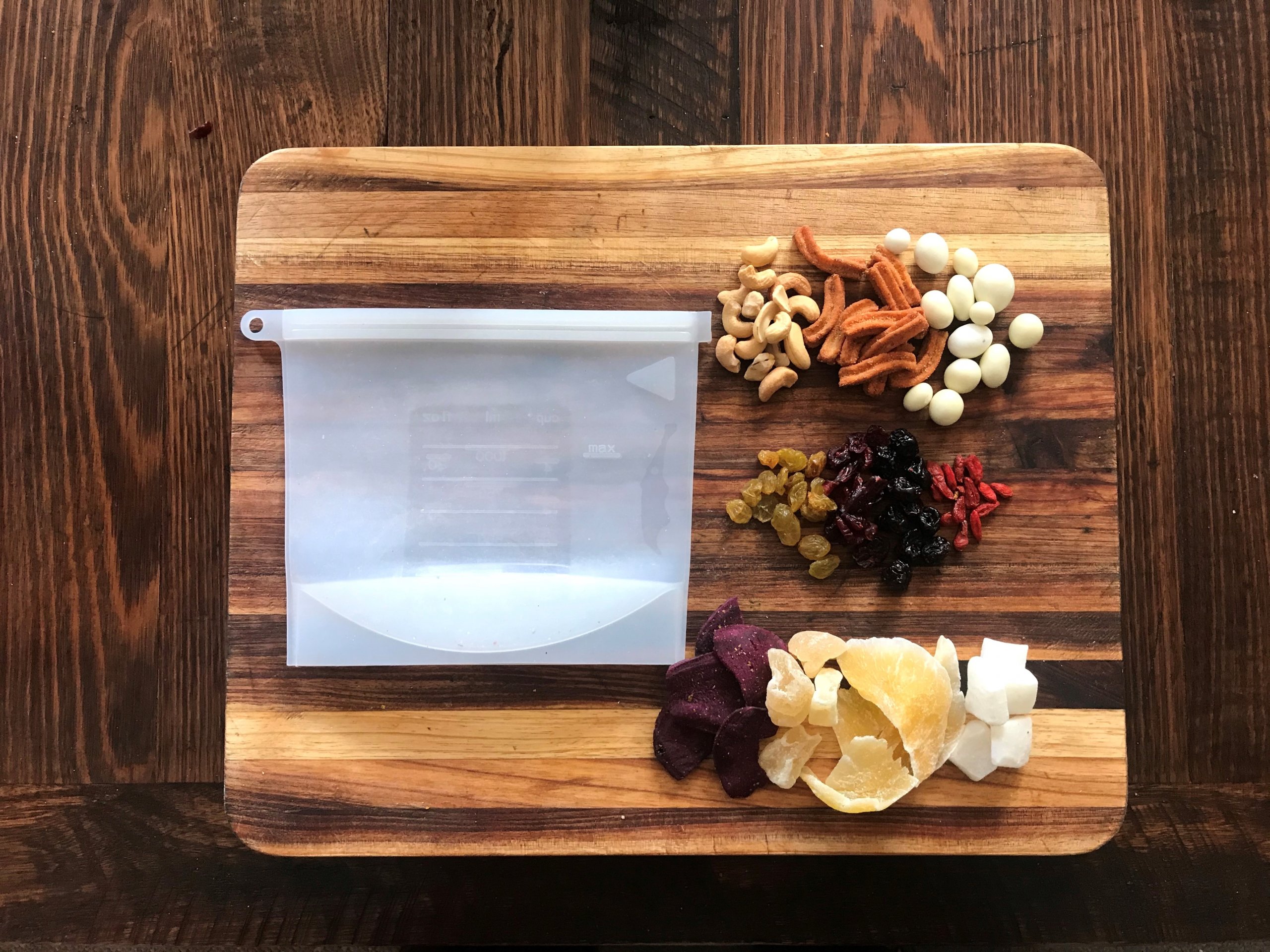
Step 5 – Water supply
- How will you obtain your water?
- Will it be clean?
- Will you have to treat it?
- How will you transport it?
- How much will you need?
Step 6 – Personal hygiene
Do you have access to showers? Toilets? How will you stay clean? Consider extra toilet paper. Create a hand washing station, with hand sanitiser and wash cloth.
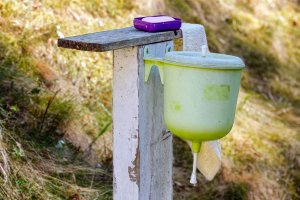
Step 7 – Weather Conditions
- Have you checked the long range weather?
- What will you do if the conditions deteriorate?
- Do you have the right equipment for the conditions?
Step 8 – Emergency Contingency
- WIll you have mobile phone network coverage?
- Do you have a first aid kit?
- Do you have local emergency authority phone numbers?
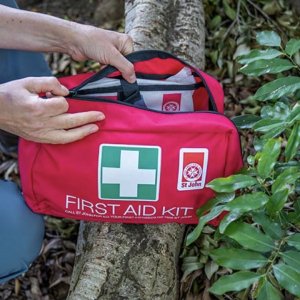
Step 9 – Hazards
- Underestimating your fitness or those in your group
- Medical conditions of group members
- Weather and terrain conditions
- Any wildlife that may cause issues e.g snakes
- Failure of any of your requipment
- Interactions with other campers
- Mental attitude of group to the trip

Step 10 – Make a list
Make a list of all the gear you need and tick off as you pack it.
Always be prepared while camping and enjoy the experience of being outdoors.
We hope you’ve found these tips helpful. To read another great post on ‘why we should all get outdoors’, click
here.
You can view this as a video, click
here.



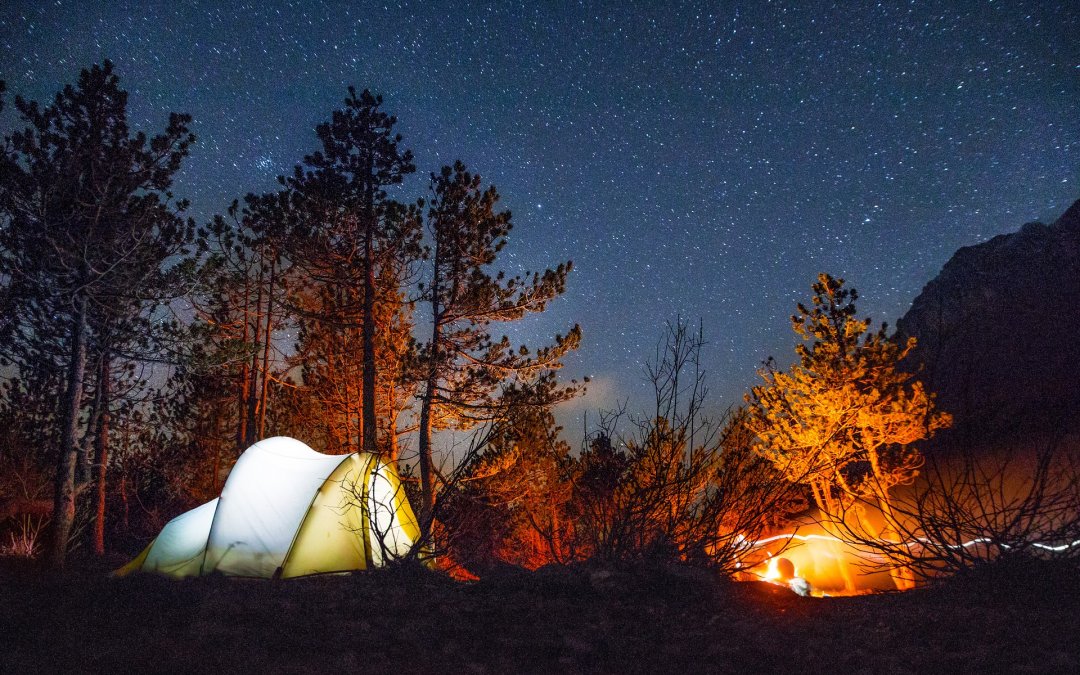




Recent Comments